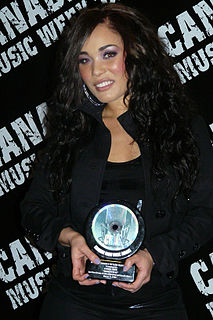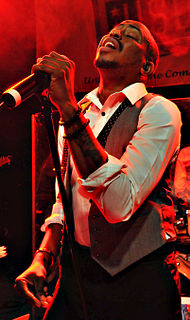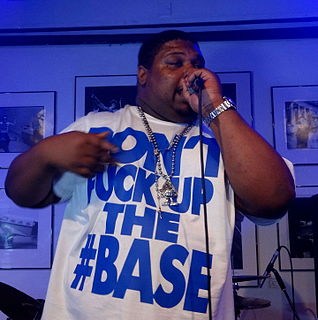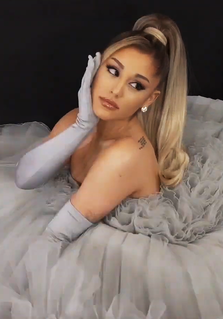A Quote by Kreesha Turner
Every place has its own challenges. In Canada, we have blessings like grants, but we also have curses in the sense that when you start to do more urban classified music, we no longer have a single urban radio station left.
Related Quotes
Because we're becoming such an urban nation, we're going to need to be producing so much more food in cities. These institutions have members, obviously. They have the resources to start projects like urban farms and gardens, teaching tools, and the ability to educate their members so that they can then go home and start their own urban gardens. I just really think that faith-based institutions can take the lead in creating community-based food systems, and I'd really like to see that happen.
I used to hate the urban environment and the urban din. But I realize now that it's really not that much different than living next to a waterfall for wildlife. Most wildlife - unless they're specifically adapted - avoid being around a waterfall or whitewater streams and rivers because it jams their sense of surveillance. They are more vulnerable, and their message loses intelligibility. Now, the ouzel is able to overcome that in various ways. Back to the urban environment, we're talking and delivering messages as if we weren't next to a waterfall, and that's a problem.
[T]he final step in becoming an urban farmer is the naming of your farm, even if your name is simply for the few pots on your front porch. Creating your name helps to build a sense of place within your neighborhood as well as pride in your accomplishments. By naming your farm you give it a life of its own. Be creative and come up with a name that inspires and makes people smile, like my friend Laura's "Wish We Had Acres," the Fairy Tale inspired "Jack's Bean Stalk" or my "Urban Farm.
I'm not going to do anything crazy, but I want to do music that I'm passionate about. I'm finally at an age where I can do the music that I grew up loving, which was urban pop, '90s music. I grew up listening to the divas, so I'm very happy to finally do urban pop. I hope that it's received well, and it has been so far.








































